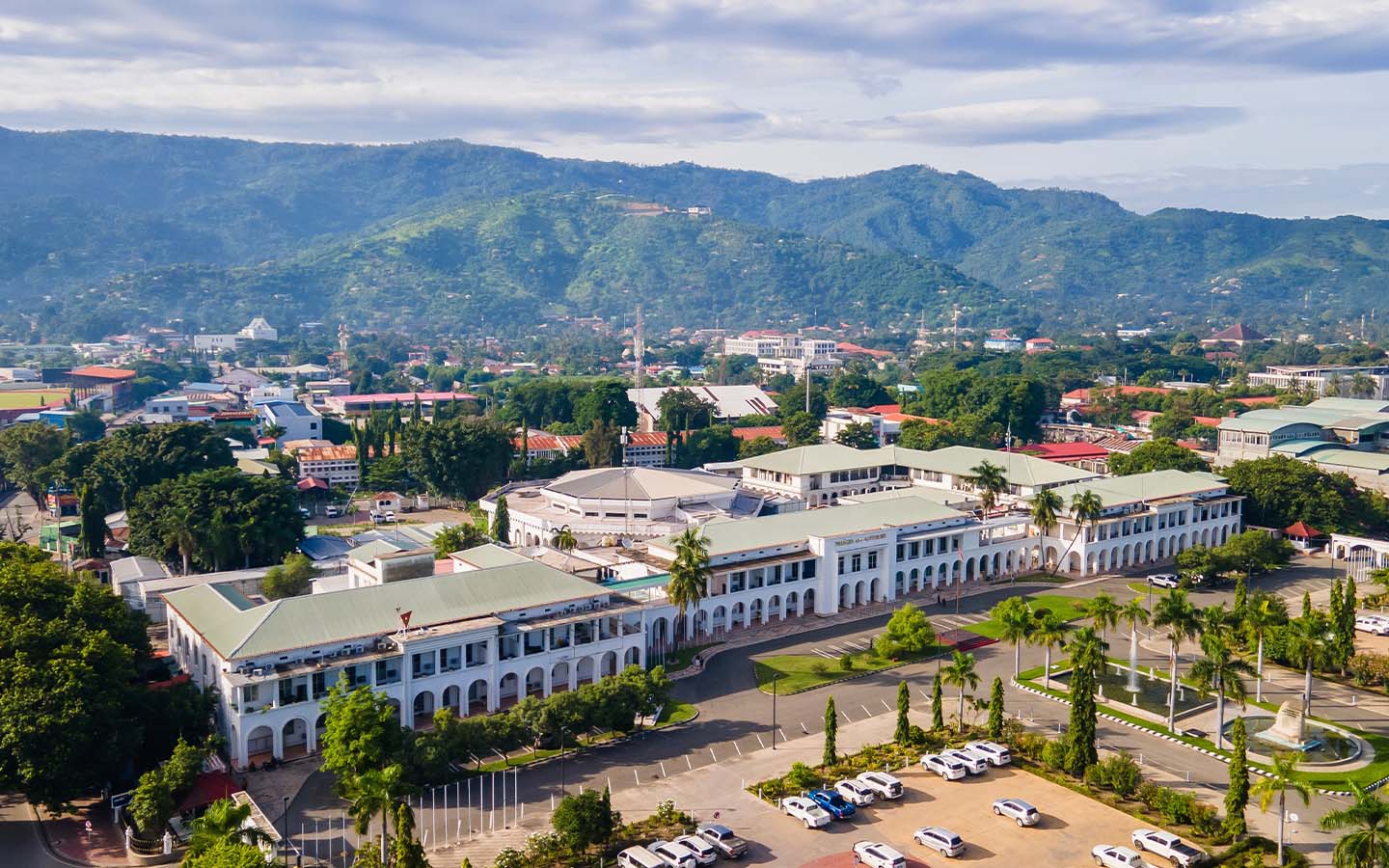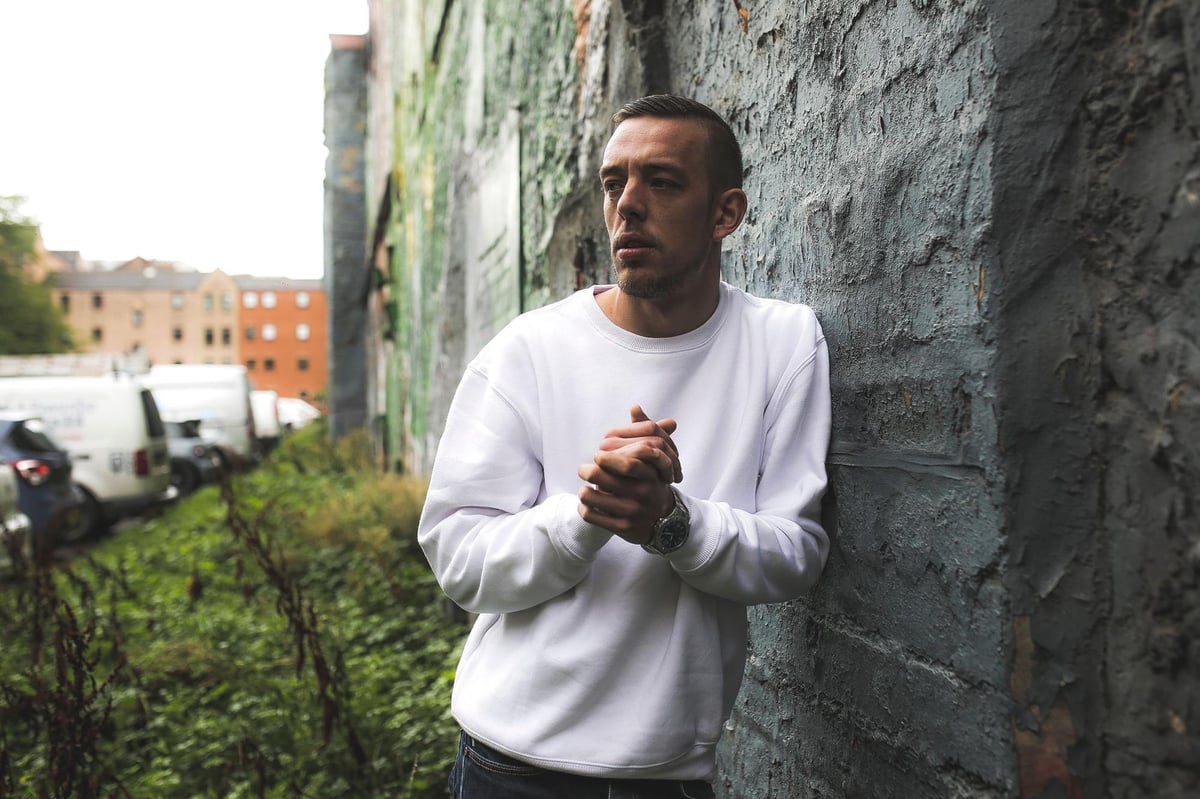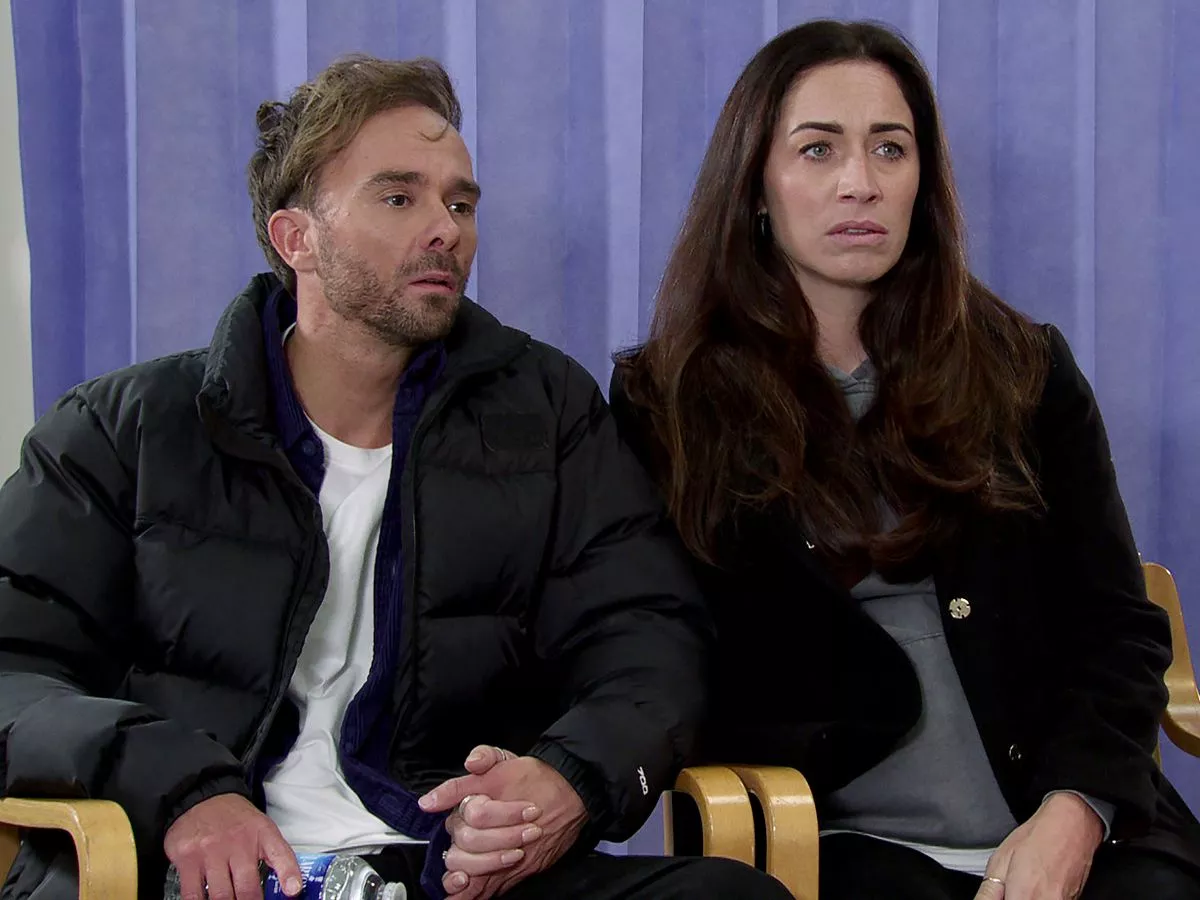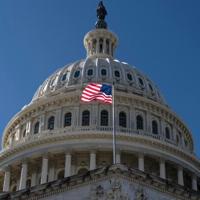Copyright macaonews

As Timor-Leste debates its General State Budget for 2026, Prime Minister Xanana Gusmão is advocating for targeted investment to fuel economic transformation, the Portuguese news agency Lusa reports. Speaking at the opening of general debate, Gusmão reflected on the achievements of recent budgets and how they paved the way for the ambitious goal for 2026. “If 2024 was a year of correcting the weaknesses found in the institutions, systems and processes of the public sector and 2025 a year of defining policies and strategies and implementing reforms and audits,” he told the National Parliament, then 2026 “will be the year of transforming the economy.” Transformation, he explained, comes through the building of capable institutions, prudent fiscal management and creating jobs for young people. “It is a national imperative to give our young people hope in their own country, without them having to look for a future abroad,” Gusmão said, stressing that the new budget will support productive sectors that can grow rapidly and hire at scale. The guiding principle for the new budget, worth US$2.29 billion, is to improve the day-to-day lives of the Timorese people. To that end, it foresees sizable investments in various infrastructure, including the roads and bridges programme (US$223.2 million), the electricity sector programme (US$138.6 million), the airport area (US$46.4 million), agriculture (US$43.4 million) and decentralisation (US$37.1 million). [See more: Timor-Leste becomes the 11th member of ASEAN] Capitalising on fossil fuel and mineral resources remains a priority, though, with an investment of US$194.2 million in critical projects including Tasi Mane, Greater Sunrise and the transition of Bayu-Undan, the primary revenue source for the country’s Petroleum Fund which finances the bulk of the State Budget. The gas field officially closed production in June, and the Petroleum Fund is expected to dry up in the next decade. Gusmão stressed the importance of growing the private sector and the tax base to help fund future budgets. The prime minister also highlighted investments in “a healthier, more capable and fairer society, which are fundamental conditions for the social and economic foundation of a developing country.” These include investments in the education sector (US$181.8 million), health (US$138.3 million), social protection and inclusion (US$54.1 million) and vocational training (US$12.8 million), as well as US$32.1 million to support the private sector, particularly small and medium-sized businesses and cooperatives. “Social cohesion is not just a promise,” he told the parliament, but the basis of everything the government is trying to build.



